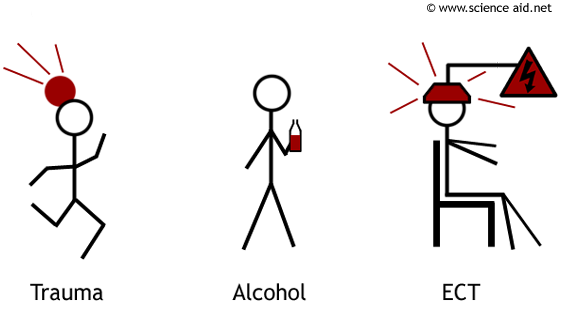


But experts don't understand the factors that contribute to both conditions. There may be a link between transient global amnesia and a history of migraines. The underlying cause of transient global amnesia is unknown. But there's no easy way to tell the difference between transient global amnesia and the life-threatening illnesses that can also cause sudden memory loss. Transient global amnesia isn't dangerous. If the person experiencing memory loss is too confused to call an ambulance, call one yourself. Seek immediate medical attention for anyone who quickly goes from normal awareness of present reality to confusion about what just happened. No signs of seizures during the period of amnesiaĪnother common sign of transient global amnesia due to the inability to create new memories includes repetitive questioning, usually of the same question - for example, "What am I doing here?" or "How did we get here?" When to see a doctor.Symptoms lasting no more than 24 hours and generally shorter.More symptoms and history that may help diagnose transient global amnesia: No signs of damage to a particular area of the brain, such as being unable to move an arm or leg, movements you can't control, or problems understanding words.Normal cognition, such as the ability to recognize and name familiar objects and follow simple directions.Being awake and alert and knowing who you are, despite memory loss.Sudden onset of confusion that includes memory loss, seen by a witness.You must have these signs and symptoms to be diagnosed with transient global amnesia: Once that symptom is confirmed, ruling out other possible causes of amnesia is important. The main symptom of transient global amnesia is being unable to create new memories and remember the recent past.


 0 kommentar(er)
0 kommentar(er)
